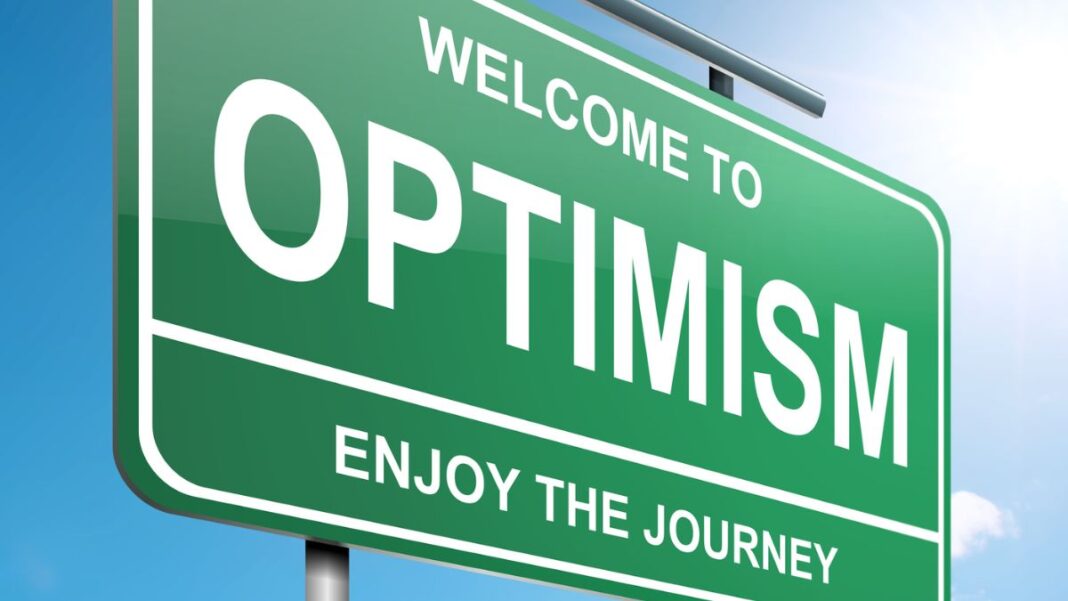Barrett Media produces daily content on the music, news, and sports media industries. To stay updated, sign up for our newsletters and get the latest information delivered straight to your inbox.
The last couple of months have not been good for many people in the radio business. We’ve seen layoffs, most notably at iHeart, but also at Cumulus and other companies. What is most painful is that many of those whose services were no longer required were long term veterans in their markets, some with 20, 30, or more years of work at their stations and clusters. No one was heartened by Bob Pittman’s comments on the recent iHeart earnings call with his reference to “redundancies”.
Meanwhile, Nielsen’s change in crediting policy from five minutes in the quarter hour to three minutes in PPM markets is a “go”. This shouldn’t surprise anyone, and I’ve already written two columns supporting the change. After the initial year over year bump, it will be “ho-hum” and most likely, we’ll see radio usage slowly slide again as has been happening for many years.
As a researcher with a fair amount of time inside of ratings companies, it smells more like Nielsen has some big contracts up for renewal and needs a positive story or is looking for new ways to increase revenue. More than a few presenters at the September Barrett News Summit mentioned the decline in ratings-based agency business and the need to replace those dollars with direct business. That also means less revenue based on ratings and more revenue based on a solid direct multimedia proposal.
Let’s put those two news items together: Radio usage continues to decline, revenue is flat to down, and good people are being told to find another way to earn a living. My sense of the trade press is something akin to the 1976 movie “Network” and one of the great movie lines: “I’m as mad as hell and I’m not going to take this anymore” uttered by Howard Beale. Are you sensing more trade press with that attitude? Are you following the advice that a number of writers are offering and making sure that you have a Plan B if the corporate grim reaper comes looking for you?
Rather than offering even more “doom and gloom”, here’s a question: What are radio people doing to bring listeners back to the medium? A fellow Barrett columnist, Robby Bridges, seems to be everywhere in his part of New Jersey per his Facebook posts and I don’t think it’s “AI Robby”. Is it working? He can’t be the only one busting his tail and (hopefully) getting results.
A while back, I wrote about the experiment at KDKA in Pittsburgh with handing the overnight shift over to local college students. There’s not a lot of audience available at those hours just as there wasn’t during radio’s heyday, but it’s a fantastic idea. We need to put these initiatives into the trade press in addition to the wonderful stories about how much money local stations have raised for various charities. The latter shows the continued power of the medium as well as offering good talking points when the NAB government relations people are meeting with members of Congress or state associations are lobbying state-level legislators. But fundraisers are usually one-offs because as public broadcasting knows, you can go to the well only so many times before listeners are turned off.
This is a research column so let’s turn this into a research study. Who out there in radio is doing something new and different and can point to some success? I deliberately used “who” rather than “what stations” because radio is about people; the rest is a distribution system. Send me an email and maybe we can all be a bit more optimistic about the future of the medium. There’s an email address at the end of this column and I promise to read any and all submissions and write about what I’m hearing. Small town or major market makes no difference…good ideas are good ideas.
My first “real” radio job (college radio didn’t count) was at WFYC AM/FM in Alma, Michigan and even as a weekend part-timer who started out at the princely sum of two dollars an hour in 1974 and didn’t know much, I could try a few things and could learn. Not every idea I had made sense or worked, but I kept generating them.
I’ve spent some time recently with Steve Newberry. You may know him as the CEO of Quu or from his recent tenure with the NAB. He also owns Commonwealth Broadcasting here in this part of Kentucky. We had lunch a couple of months ago and he gave me a tour of Barren County, KY, his home base. We drove into downtown Glasgow, the county seat, and he spoke with such pride about his stations there being “on the square” and being part of the community. Format, music rotations, and spot loads were secondary to serving Barren County and the surrounding area. Commitment like that gives you faith in the continuing strength of the business.
Perhaps Bob Pittman is planning to put Ryan Seacrest, Bobby Bones, and Charlamagne Tha God on hundreds of stations and use AI the rest of the day with more push for the iHeart Radio app. Those people are talented and work very hard, but they’re not local and as we’ve seen in the last election, people in different parts of the country have divergent worldviews. Tell me what you’re up to in your market that is making a difference.
I hope you have a wonderful Thanksgiving regardless of your current employment status and let’s meet again next week.










